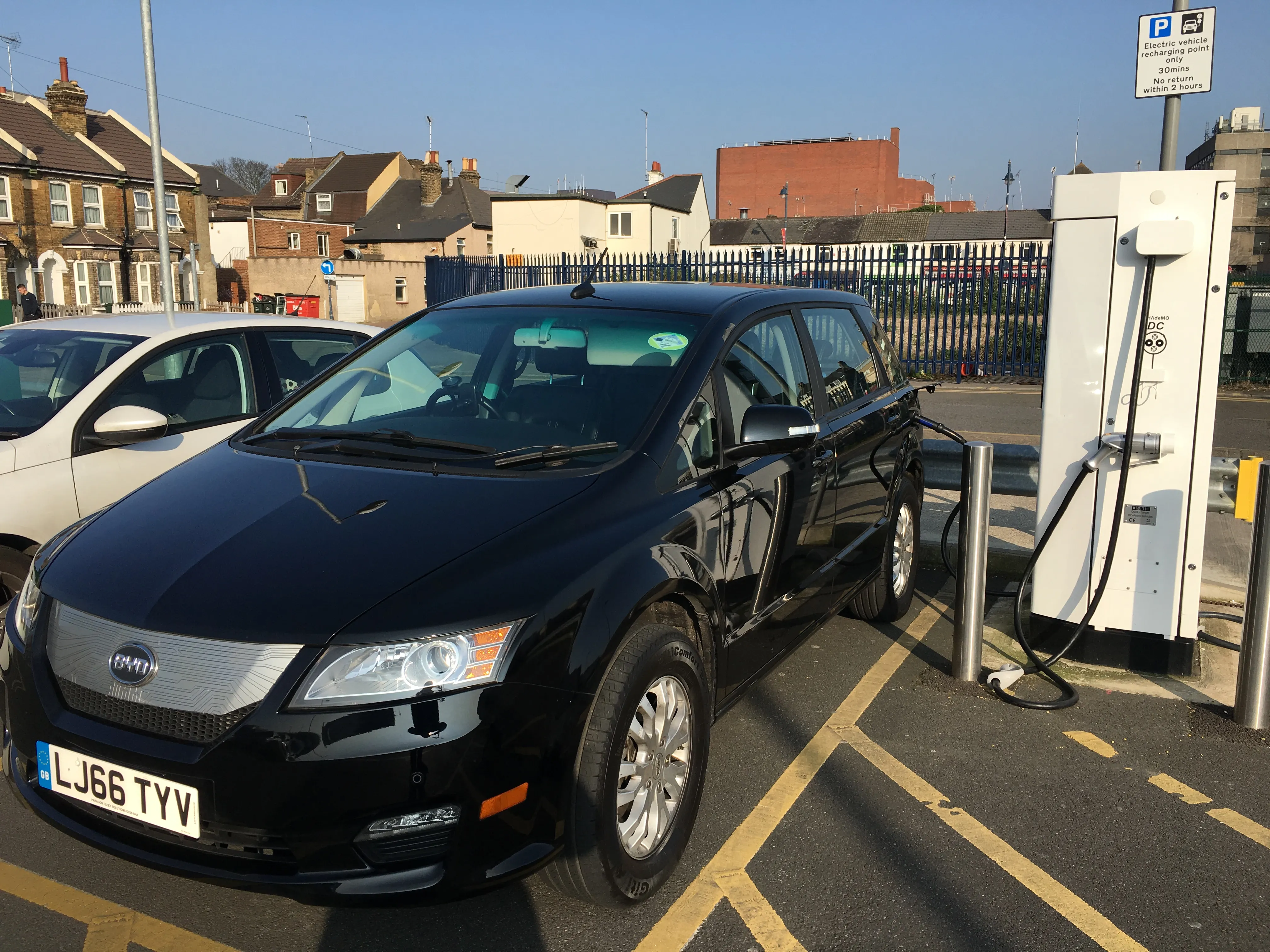New proposals put forward in Paris could place pollution at peak periods as a priority. The planned pollution programme would include measures such as a toll on the main routes entering Paris. Users would pay rates reflecting various criteria such as the distance travelled, whether it is a peak travel period or the environmental impact of the vehicle being used. Vehicles seen as excessively polluting would be banned, with one proposal forbidding the use of large SUV/4x4 cars that are more than 17 years old
November 8, 2012
Read time: 2 mins
New proposals put forward in Paris could place pollution at peak periods as a priority. The planned pollution programme would include measures such as a toll on the main routes entering Paris. Users would pay rates reflecting various criteria such as the distance travelled, whether it is a peak travel period or the environmental impact of the vehicle being used.
Vehicles seen as excessively polluting would be banned, with one proposal forbidding the use of large SUV/4x4 cars that are more than 17 years old and another preventing the use of HGVs that are more than 18 years old. Two wheeled vehicles over 10 years old would also be barred, although quite why is not clear as motorcycles typically use less fuel and are less likely to be caught in traffic jams with engines idling for long periods. If the regulations were to ban the use of two stroke motorcycles and scooters, which are less efficient on fuel and feature total loss lubrication resulting greater emission levels, then they would at least make more sense.
Other rules put forward include compulsory 30km/h speed limits near schools as well as sports and cultural areas and a speed reduction on the Paris loop road to 70km/h compared with the present 80km/h. The pollution proposals are being put forward by the mayor of Paris and should these be accepted, could be introduced in the third quarter of 2014.
Vehicles seen as excessively polluting would be banned, with one proposal forbidding the use of large SUV/4x4 cars that are more than 17 years old and another preventing the use of HGVs that are more than 18 years old. Two wheeled vehicles over 10 years old would also be barred, although quite why is not clear as motorcycles typically use less fuel and are less likely to be caught in traffic jams with engines idling for long periods. If the regulations were to ban the use of two stroke motorcycles and scooters, which are less efficient on fuel and feature total loss lubrication resulting greater emission levels, then they would at least make more sense.
Other rules put forward include compulsory 30km/h speed limits near schools as well as sports and cultural areas and a speed reduction on the Paris loop road to 70km/h compared with the present 80km/h. The pollution proposals are being put forward by the mayor of Paris and should these be accepted, could be introduced in the third quarter of 2014.








